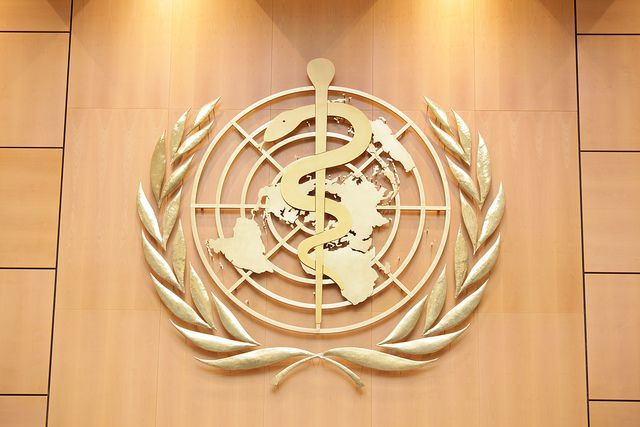WHO Declares New MERS Coronavirus Is Not An International Emergency: What's Next?

A unanimous decision by a special WHO committee says the current outbreak of new Middle East respiratory syndrome (MERS) coronavirus is not a "public health emergency of international concern," or PHEIC.
"Based on these views and the currently available information, the Director-General accepted the Committee's assessment that the current MERS-CoV situation is serious and of great concern, but does not constitute a PHEIC at this time," the WHO said in statement.
The panel of 15 international virologists, psychologists, and public health experts was convened on July 9, after growing concerns that the MERS virus might be in the early stages of a global pandemic. The germ has killed 45 of 84 confirmed cases in nine countries and is a close relative of the SARS virus that caused widespread panic and death in 2003.
However, four out of five MERS patients have come from Saudi Arabia, where the first human case originated back in April 2012. Unlike SARS, which caused devastating disease in all ages and killed 774 in half a year, the most serious incidents of MERS have been in those above the age of 45, several with preexisting health conditions.
Some have debated whether or not the WHO's "public health emergency" classification is merely a question of semantics.
So far the virus has lacked pandemic potential, but health investigators are beginning to find silent, asymptomatic infections, which could mean that the disease is more widespread than experts think.
The WHO's announcement still expresses concern over the future of MERS and issued advice for its members states that could help keep the virus at bay.
This advice included beefing up laboratory surveillance, commiting more resources to research, and educating international travelers over the risks associated with visiting a MERS-laden country. Yesterday, Saudi Arabia announced that it would limit travel visas to people most at-risk for serious disease — the elderly, pregnant women, children — during the upcoming hajj pilgrimage, where millions of visitors are expected to descend on the city of Mecca.
The WHO plans to reconvene the panel in September, unless "serious new developments" preempt this timeline, but for now the global health governing body has opted to withhold its emergency designation.



























